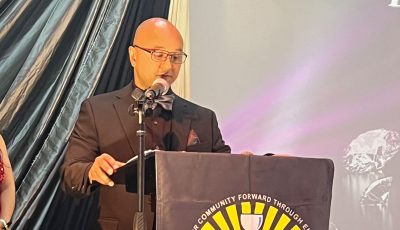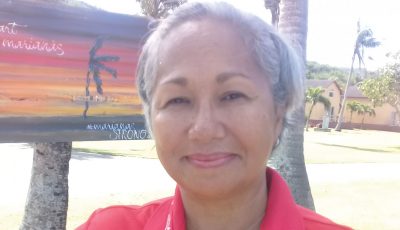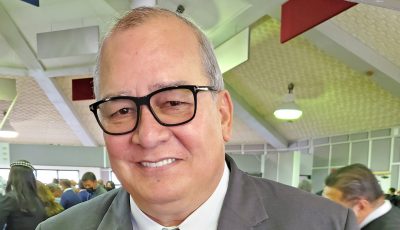Discrepancy in 2 PWS muddles CW petitions
USCIS: Prevailing wage concerns are for USDOL
Confusion surrounding the two prevailing wage surveys for the CNMI continues to confound many private companies in the CNMI, with U.S. Citizenship and Immigration Services insisting yesterday that anything wage-related is basically up the U.S. Department of Labor’s alley.
Questions about the matter addressed to USCIS representatives on-island remain unanswered as of publication. USCIS clarified with Saipan Tribune that the question of which prevailing wage survey, or PWS, will be used for the application of a prevailing wage determination should be directed toward USDOL.
The confusion stems from the release of the second round of the PWS, which showed discrepancies between the prevailing wages of the first 84 job categories that were prioritized in the first round of the PWS. The final round of the PWS was finalized late June 2019 and consists of 291 job categories.
Subsequent questions such as what happens to employers who used the first round of PWS to accomplish steps 1 and 2 in the CW-1 hiring process, or the prevailing wage determination and the temporary employment certification application respectively, and are already on Step 3, the recruitment process, have yet to be clarified.
Saipan Tribune reached out to two companies yesterday and they expressed concerns over the uncertainty of the necessary requirements, especially this late into the fiscal year 2020 CW-1 application process.
Shequanda—not her real name due to some sensitive information—told Saipan Tribune yesterday that her company, which applies for over 400 CW-1 applications annually, has had temporary employment certifications, or TECs, denied because of the discrepancies noted between the first and second rounds of the PWS.
The CNMI Department of Labor reportedly did not grant some of Shequanda’s Step 3 requirements, or the proof of undergoing the recruitment process, because they were reportedly told to use the second PWS data, which showed an increase in salaries for the first 84 occupations.
“How can that be? There isn’t even a formal announcement to use the second round of PWS?” she asked. “Everybody is pressured because we know we are running out of time,” she said. “USCIS recommends that the petition must be filed six months before the potential date of hiring. But because of this delay—the PWS not being immediately available and the lack of updated CW-1 regulations—we were only recently able to start our CW-1 hiring processes.”
“We are already done with step 1,” she added. “[Our company] did not want to waste any time, so when the first round of the PWS was released in mid-May 2019, we applied for our employee’s PWD right away,” she said.
She noted that these are significant delays in the CW-1 hiring processes since new requirements for the fiscal year 2020 CW-1 hiring process requires over a month just to complete steps 1 and 2.
With the recent denial of her Step 3 requirements, Shequanda fears she has to go back to Sstep 1.
McDonald’s Saipan human resource manager Ana Olaes also told Saipan Tribune that it was a good thing she has not completed Step 2 for nine of the company’s 20 CW-1 workers.
“These are people who have worked at McDonald’s since the very beginning,” she said. McDonald’s Saipan was established in 1992. “These people are really dependable,” she noted, adding that many of the company’s CW-1 visa holders have been with McDonald’s Saipan for over 20 years.
“I spent all this time preparing for Step 1, all for nothing,” Olaes said. “It’s really disappointing.”



























